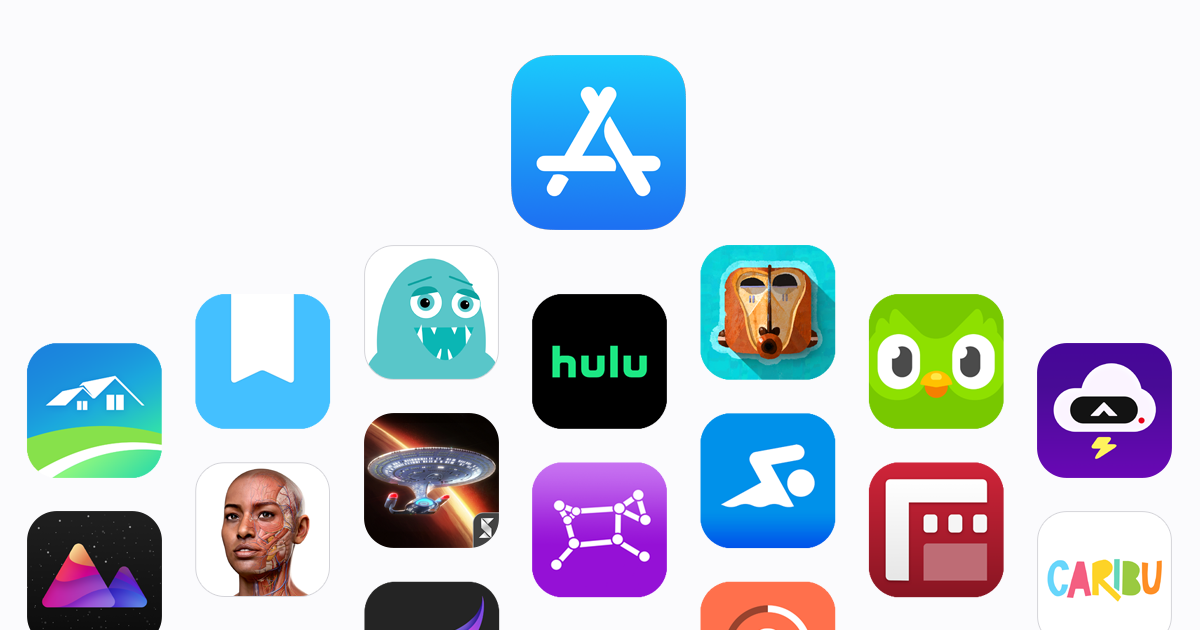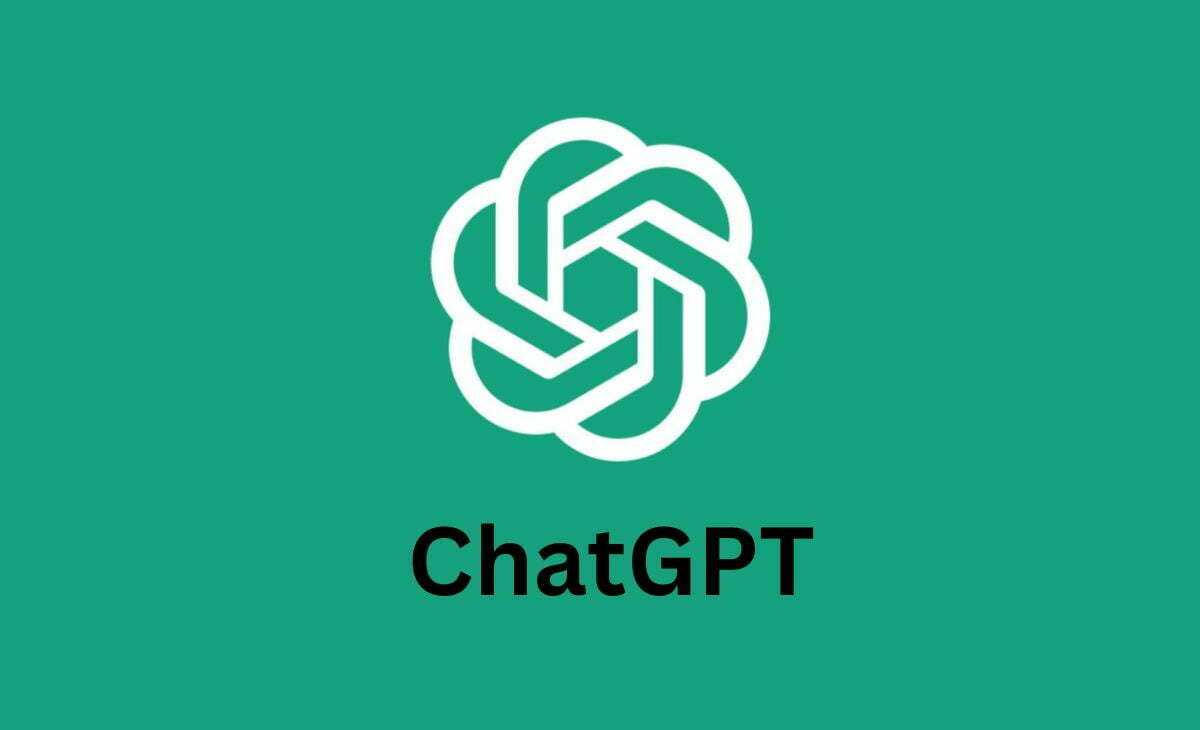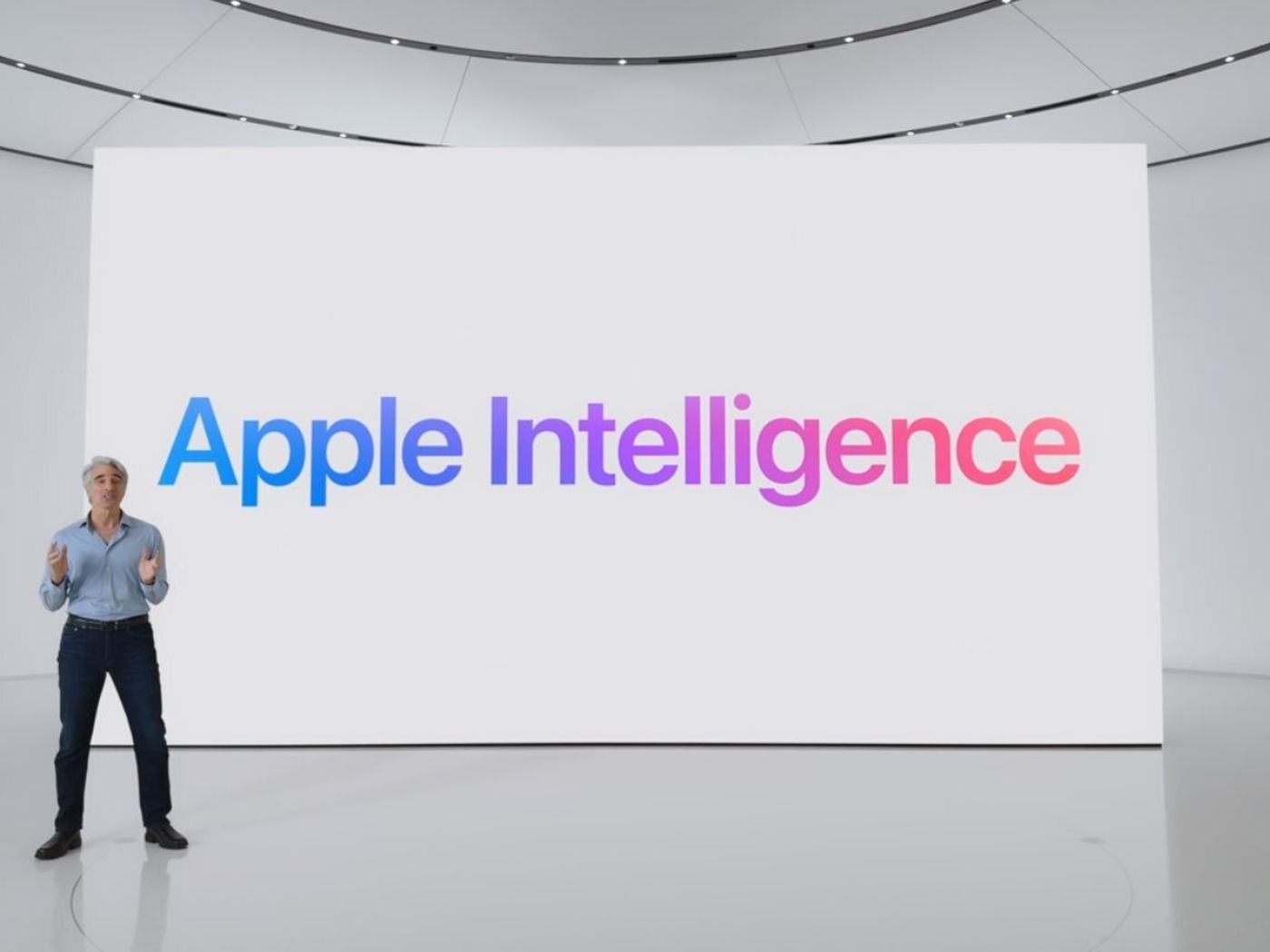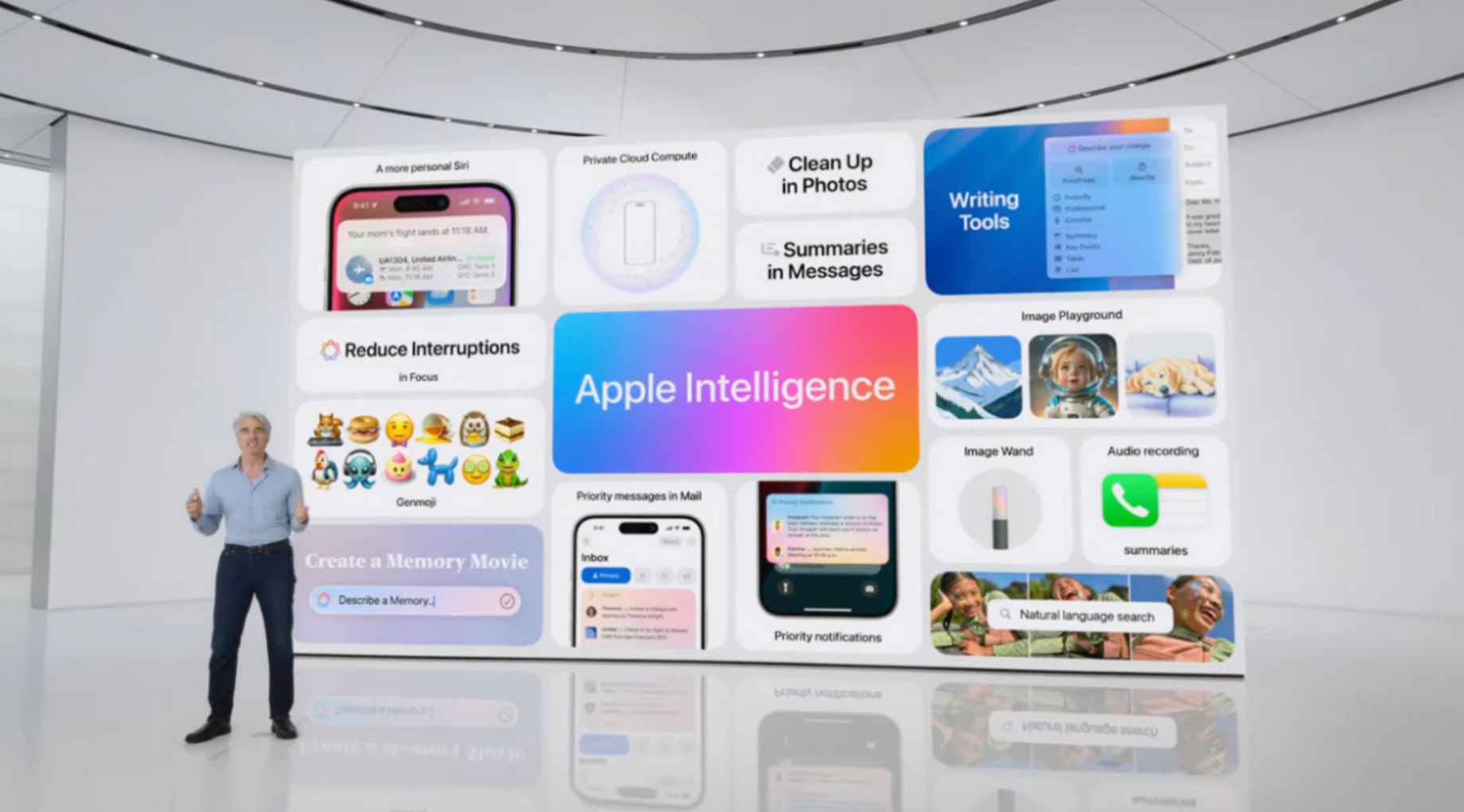Apple's Low-key Layout of AI Store: Diversifying Bets to Avoid Reliance on OpenAI?
![]() 06/26 2024
06/26 2024
![]() 717
717

In 2008, Apple officially released the iPhone 3G in San Francisco, USA, and brought a brand-new official app to iOS - the App Store. Since then, the mobile app ecosystem has entered a new era, with app stores like Google Play also emerging.
Although the App Store initially served as a platform for distributing and upgrading official apps, a year later, Apple began allowing third-party apps to be distributed through the App Store, gradually evolving into an app store that offers a range of paid services including purchases and subscriptions.
The App Store has fostered a rich application ecosystem for Apple and provided a new revenue stream beyond hardware. According to estimated data from relevant institutions, software revenue in 2023 could reach as high as $89.1 billion for Apple, with the majority contributed by the App Store.

Image Source: Apple
With the App Store as a precedent, Apple seems to want to replicate the success of "App Store" when developing Apple Intelligence, and create an AI Store. According to the latest internal information, Apple has not stopped contacting other technology companies after reaching a cooperation intention with OpenAI, and is still negotiating with multiple AI large model suppliers.
The technology companies Apple is in contact with include not only major players like Google and Meta but also AI startups like Anthropic and Perplexity. It is unclear whether there are other companies involved in secret negotiations.
However, recent news indicates that Meta has exited the current round of negotiations early, as Apple believes that Meta's AI large model failed to meet their standards in terms of privacy protection, ultimately deciding to reject cooperation with Meta's AI.
With Meta out of the picture, the remaining companies are Google, Anthropic, and Perplexity, along with the already confirmed OpenAI, totaling four different AI large models. Although the number is not large, considering Apple's stringent requirements and standards for AI large models, the number of potential partners that can ultimately be realized may be even smaller.
Although Apple's Apple Intelligence has not yet been released for trial, the proposed move to build an "AI Store" has indeed attracted attention as a new racetrack for many.
Apple's Habit of Diversifying Bets Has Been There for a Long Time
Regarding the reason for continuing AI cooperation negotiations with multiple technology companies after confirming cooperation with OpenAI, Apple explained: "We want to start with the best, but ChatGPT only represents the best choice for users today."
In other words, ChatGPT is the best choice now, but it may not necessarily be the best choice in the future.

Image Source: OpenAI
Those familiar with Apple's supply chain history may find this scenario familiar. Just as the iPhone's screen panels were initially mainly supplied by LG, they soon entered a phase of diversified supply, with companies like Sharp, JDI, and Samsung having supplied or still supplying screen panels to Apple. Currently, a bipolar supply mechanism between Samsung and LG has been formed to ensure that Apple's screen supply is not completely dependent on any one party.
In other hardware, Apple has taken similar measures, not only because of its stringent requirements for supply chain stability but also to gain greater negotiating leverage, reduce supply chain costs, and ensure that the quality of supply chain products remains high.
Returning to the topic of AI, as the intelligent core of the new generation of iPhone, the importance of AI large models is no less than that of major hardware components like screens and chips, and may even exceed them. However, in terms of AI large models, Apple's current accumulation and achievements are not enough to support their self-developed model fully replacing ChatGPT, which has led Apple to cede control of this core module to a third party, namely OpenAI.
Throughout Apple's history, such a situation is not common. After learning from past lessons, Apple seems to have chosen from the beginning to not limit Apple Intelligence to a specific AI large model but to provide multiple AI large models for users to choose from, which can not only ensure users' AI experience but also avoid a monopoly by a single AI large model.
Moreover, AI large models are still in the early stages of development. Although ChatGPT is the first company to release mature products, it cannot guarantee that it will remain ahead in the future. Other large models focusing on different domains, such as Suno, are also challenging OpenAI.
In addition, due to policy differences in different countries and regions, Apple cannot put all its eggs in the OpenAI basket. Diversifying bets is more in line with Apple's interests.
AI Store: A Tempting "Poisonous Apple"
Although details of the relevant negotiations and cooperation have not been disclosed, insiders have revealed that Apple hopes to provide advanced subscription plans for AI companies to sell their AI services in Apple Intelligence. Apple will not charge upfront deployment or listing fees but will only extract a service fee from the subscription fees paid by users.

Image Source: Apple
This approach is so familiar that there is not much to analyze. In essence, it allows AI companies to compete with each other, while Apple only needs to control the overall situation and reap the benefits. The idea is good, but whether AI companies will agree to this scheme remains questionable.
From a corporate perspective, joining Apple's intelligent ecosystem is undoubtedly a good thing, but the costs involved cannot be ignored.
First is the compliance cost. To join Apple Intelligence, AI companies must invest significant resources in areas like privacy protection to ensure that the entire AI function process complies with Apple's privacy and security regulations.
Second is the hardware cost. Judging from the series of AI features demonstrated by Apple, many involve underlying system functions and will operate online on a regular basis. AI companies need to build data centers with higher computing power to meet the huge demands of Apple users.

Image Source: Information
Gene Munster, a senior Apple analyst and managing partner at Deepwater Asset Management, pointed out in a report that Apple's cooperation with ChatGPT is expected to double the usage rate of ChatGPT, which will lead to a 30% to 40% increase in OpenAI's infrastructure costs due to such huge computing power demands.
Imagine that even a top AI company like OpenAI, backed by Microsoft, needs to invest significant funds to expand its data centers to meet computing demands. Other AI companies will face even higher infrastructure construction costs.
Moreover, expanding data centers is not as simple as clicking a mouse in a simulation game. The entire process of site selection, evaluation, and construction takes at least two to three years, even under the most ideal conditions. Otherwise, the only option is to rent computing power, but with a global shortage of computing power, which cloud server center can provide such large-scale computing power support?
In addition, if your AI service needs to go through a third-party data center, you will face another round of compliance audits from Apple. Only after ensuring that the entire chain complies with the regulations can you qualify to join Apple Intelligence.

Image Source: Apple
For companies like Google, cooperation with Apple is just one of many key projects. Even if it fails, it won't be devastating.
However, for startups, every stage of cooperation with Apple involves considerable risks. If the cooperation with Apple ultimately fails to materialize or the subsequent operation does not yield satisfactory results, the upfront investment will be difficult to recover, and it may even directly affect the company's normal operations. This may also be the reason why Anthropic and Perplexity have not yet released more cooperation information.
In the past, there have been similar cases, such as GTAT in the United States, which received hundreds of millions of dollars in loans from Apple to develop a sapphire screen production line but was forced to declare bankruptcy due to its inability to obtain sufficient Apple orders to repay the loans.
Moreover, Apple has announced that only the iPhone 15 Pro and subsequent models, as well as MacBooks and iPads using M-series chips, will support Apple Intelligence. According to relevant reports, these models currently account for a relatively small proportion of Apple's intelligent terminals. Therefore, in the early stages of Apple Intelligence's development, the effectiveness of its distribution channels and the number of user groups may be far less than expected.
On one hand, Apple's huge user base and distribution channels are tempting, but on the other hand, the upfront investment and risks are enormous. For startups, Apple Intelligence is like a tempting apple. Before taking a bite, it's hard to know if your outcome will be like Adam and Eve or Snow White.
Written at the End
Although Apple's relevant personnel stated that introducing more AI large models is to give users more choice, in reality, it is a way to pass on the usage cost of Apple Intelligence to users.
Earlier, some media predicted that Apple Intelligence may offer both a free version and an advanced version. The free version can only access Apple's local AI model with limited support and functionality, while the advanced version requires users to pay a certain amount of subscription fees to obtain support from online AI large models like ChatGPT 4.0. Now it seems that this speculation is highly likely to be true.
Through this cooperation model, Apple can obtain considerable AI service revenue without taking on risks and allow users to consider whether to subscribe to the more expensive ChatGPT or cheaper other AI large models based on their needs, killing two birds with one stone.
If Apple's model is successful, it is likely to attract imitation from other companies. Then, netizens can discuss which AI large model offers the highest "cost-effectiveness." Besides cloud storage and various membership monthly cards, AI subscription fees may become a new mandatory expenditure.
It's hard to say whether this is good or bad for users.
Source: Leitech





